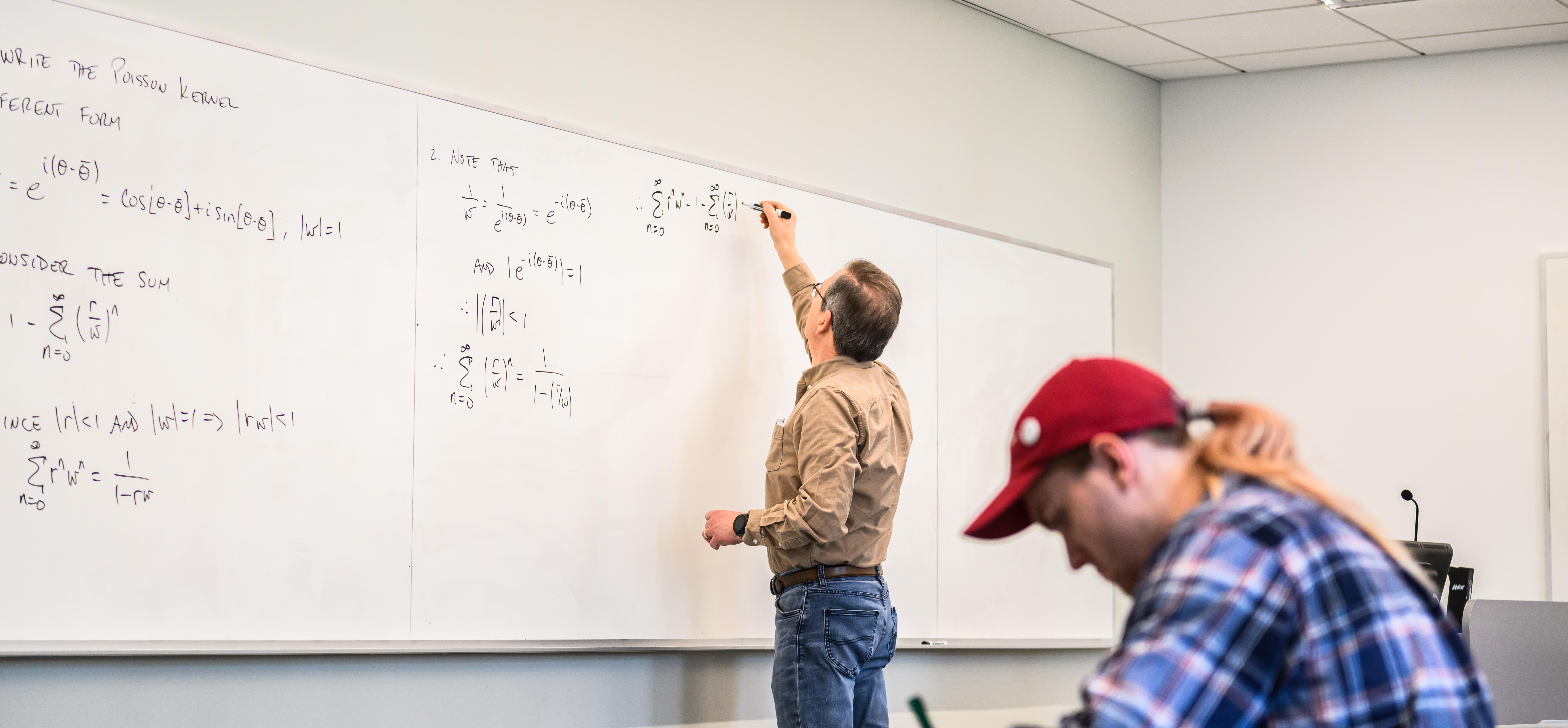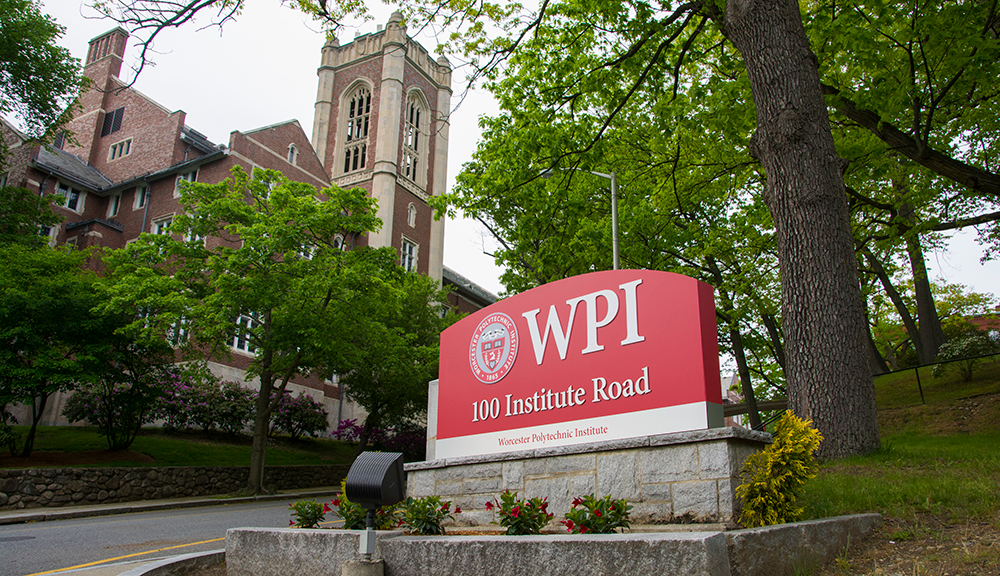What
Benoit Mandelbrot, known widely as the "Father of Fractals," will discuss this curious mathematical phenomenon as part of the 2006 Harold J. Gay Lecture Series at Worcester Polytechnic Institute (WPI). In 1975, Mandelbrot, then a scientist at IBM, coined the term "fractals" to describe geometric entities with basic patterns that repeat, infinitely, as they are viewed at ever-decreasing scales. Fractal comes from the Latin for irregular or fragmented, reflecting Mandelbrot’s desire to develop a new type of geometry to capture the irregular but beautiful repeating patterns he saw everywhere in nature.
Simple examples of fractals include a coastline or the leaves of a fern, which appear equally complex as one observes them at greater and greater magnifications. Fractal geometry helps mathematicians and scientists cross a long-avoided boundary between the smooth and the rough, and it has been used to study phenomena as diverse as ocean waves and the workings of the stock market.
In his lecture, titled "Fractal Roughness: Beautiful, Damn Hard, and Surprisingly Useful," Mandelbrot will provide an introduction to fractal geometry, illustrated with colorful examples generated with computer algorithms that he pioneered. He will also discuss current developments in fractal geometry, and look at emerging phenomenon in biology, economics, physics, and other applied fields that display unusual features, possibly of the "fractal" type. The program, sponsored by WPI and hosted by the Department of Mathematical Sciences, is free and open to the public.
When
Friday, Nov. 10, 2006
3 p.m. (coffee and tea available at 2:30)
Where
Worcester Polytechnic Institute
Olin Hall, Room 107
100 Institute Road
Worcester, Mass.
Who
Mandelbrot is a Battelle Fellow at Pacific Northwest National Laboratory, Sterling Professor Emeritus of Mathematical Sciences at Yale University’s Mathematics Department, and IBM Fellow Emeritus at IBM’s T.J. Watson Research Center. He is a fellow of the American Academy of Arts and Sciences and a member of the National Academy of Sciences, the Norwegian Academy of Science and Letters, and the European Academy of Arts, Sciences and Humanities. A graduate of the Paris École Polytechnique, he holds an MS and AeE in aeronautics from California Institute of Technology; and a doctor of science degree in mathematics from the University of Paris, as well as honorary doctorates from 16 U.S. and foreign universities. He is the recipient of numerous national and international prizes, including the 1993 Wolf Prize for Physics and the 2003 Japan Prize for Science and Technology.



